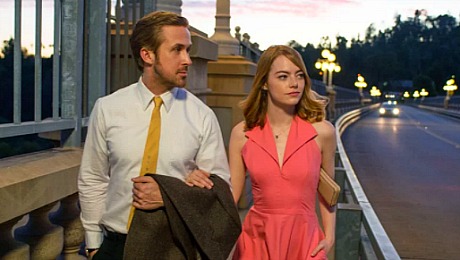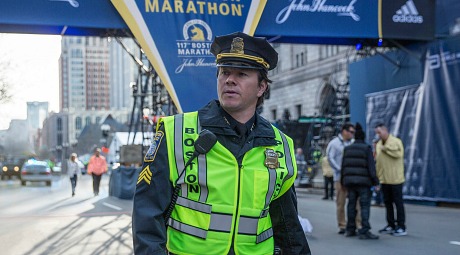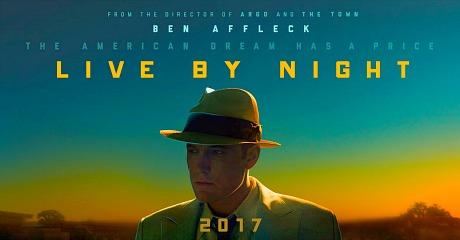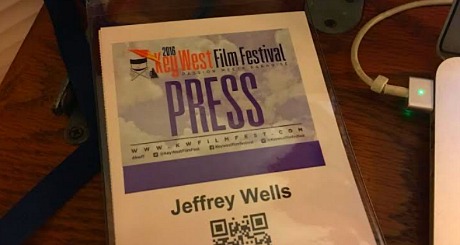By the measure of Hollywood’s award season, Santa Barbara Film Festival director Roger Durling is a Nick the Greek-like figure. Three things happen when Durling “bets” on this or that Oscar contender by booking them for a special SBIFF tribute. One, Santa Barbara-residing Academy members are at least semi-inclined to vote for Durling’s favorites. Two, award-season blogaroos take notice, post coverage of said tributes and weight their predictions accordingly. And three, SBIFF tributes inject an aura of heft, esteem and good favor.

Ryan Gosling, Emma Stone in Damien Chazelle’s La La Land.
And so La La Land costars Ryan Gosling and Emma Stone are suddenly that much hotter with today’s announcement that they’ll be presented with the SBIFF Outstanding Performers of the Year award on Friday, 2.3.17. Gosling is smooth and bothered and wholly alive in La La Land, but c’mon — we all know that Stone is more likely to win a Best Actress nomination than Gosling is to even be nominated. His performance feels honest and lived-in but Stone pretty much owns Damien Chazelle‘s musical. Charisma, emotion, spirit-lift, strain, heartache.
The 32nd annual Santa Barbara International Film Festival will take place from Wednesday, 2.1 through Saturday, 2.11.









